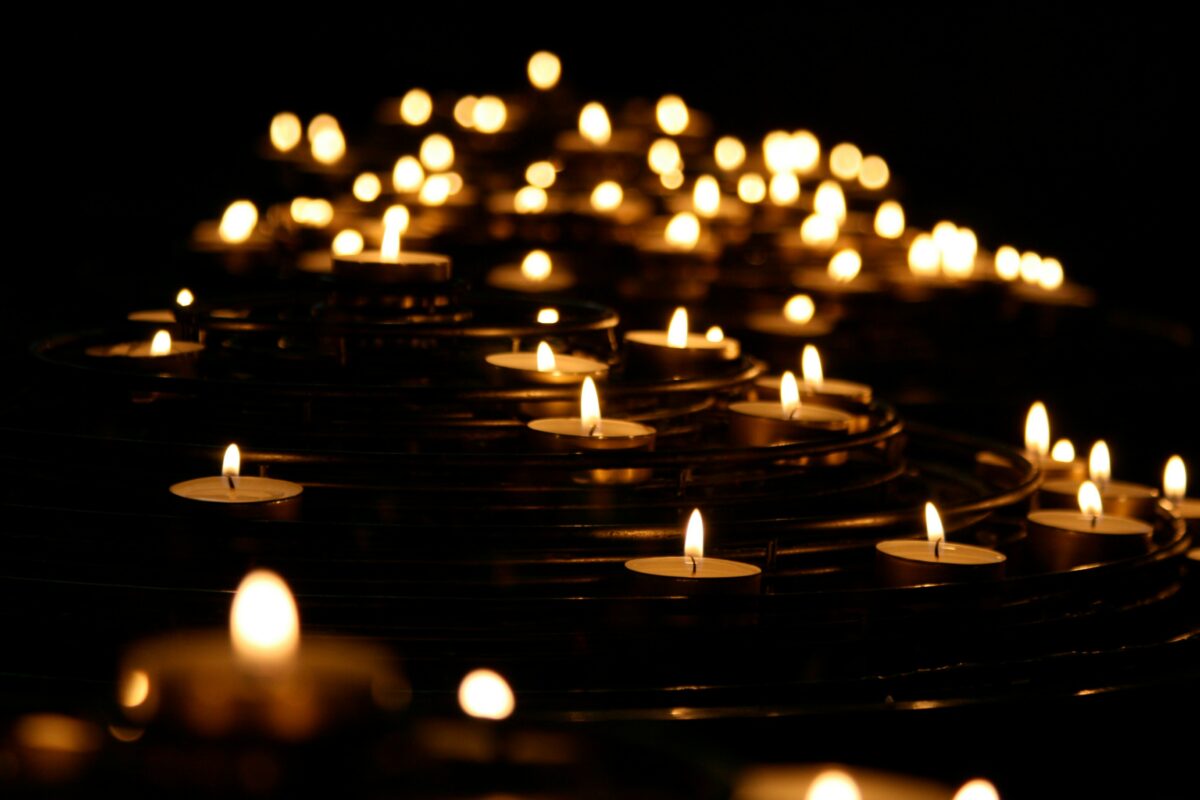by Lindsay
Martin Prechtel, an American writer steeped in Mayan culture, speaks of the relationship between grief, praise and love. I think he is speaking directly to me. The first book I ever read about Adoption was Evelyn Robinson’s Adoption and Loss: The Hidden Grief. Evelyn is a birth mother, and her book spoke about the experience of birth mothers at much greater length and with much more clarity than it did of adoptees. The notion of a newborn baby already impacted by experience and carrying grief is a hard one for people to get their heads around. I wonder if it still is as Goethe wrote, as the 18th turned into the 19th century: “Few people have the imagination for reality.”
I lived, I survived, think I must have internalised society’s myth that babies are untouched by grief (or, more specifically, that babies who are adopted, brought no grief with them into their new family).
Yet here I am, nearly 60 years of age, actively making space in my life to grieve. Martin Prechtel points out that “a constant awareness of life’s grief” is the essential ingredient of how to “live with an innate sense of wonder for the earth’s miracle of life.” I want to live with an innate sense of wonder for the earth’s miracle of life” and like everyone else, the more years I accumulate on this earth, the more loves I lose. Perhaps I could say that my journey is to get more familiar with grieving. C.S. Lewis begins his book on losing his wife with the line “No one ever told me that grief felt so like fear.”
It is the fear I feel that takes me deep into my earliest experiences, which shows me that my more recent losses are resonating back to the primal wound. This is the primal wound that Nancy Verrier coined as a term for newborn babies separated from their mothers for the purposes of adoption.
Our patriarchal, consumerist culture seems a little uncomfortable with both life and death. It seems to wish to feel in control too much to be able to face death and respectfully acknowledge healthy grief, and so, it is also incapable of celebrating the blossoming beginnings of our burgeoning life. Fertility and birth, death and grief – all pathologised. This beautiful, bountiful hope that is birthed with each newborn baby, the model and opportunity of loving relationship embodied with each mother and child. Only some of us are lucky enough to be mothers, but we have all lived that relationship from the baby’s perspective. All that little baby wants is centred on their mother’s body and soul, her arms and hands, her breasts, nipples and milk, her eyes and the light within.
Will you believe that I have grief for the mother I loved before I was born, the mother I lost with my birth? Lately it occurs to me, that I will never be able to try hard enough, to speak clearly, penetratingly or loudly enough to be heard by a world who have stuffed their ears with lies about our innate capacity to love.
I can’t expect others to be able to connect with baby grief as I struggle to connect with my own. I look at photographs. I was an adoptee who spent no time thinking consciously about my roots, my ancestral heritage or my birth mother. It therefore came as quite a shock when, at the age of 27 I gave birth to my daughter and found myself awash with disbelief that at one time I was in my baby’s place and my mother did not hold me as tight to her breast with the fierce mother love that is a giver of superhuman strength.
Now I was looking for answers. It was many years before the answers came, and the hardest part of the answer, which I am still trying to digest, is that I would not be able to sit with and turn over this (or any other) matter with my birth mother because she is no longer in this world. She had died before she reached 30 years of age.
People are generally nice, and people generally show kindness to those who are grieving. I don’t think that I’ve got any way to separate out the loss and unresolved grief I’d had since birth for the woman who birthed me, from the acute shock on learning of her actual death, and then the disenfranchised blows I continue to experience from family, friends and professionals who cannot bear to witness the depth of my grief and instead try to shut me down with “It’s not as if you knew her anyway.”
Today I have been looking at a photo of my mother taken when she was three months pregnant with me. My birth aunt shared it with me this summer. My bones, cells, blood, soul and logic tell me that I am with my birth mother in that photograph. My heart has to open to so much grief to acknowledge the truth of that.
Martin Prechtel can have the last word, “Grief is a shameless dreamer who thinks nothing of healing impossible despair head-on…Grief thinks nothing of impossibility, only of what makes life more deliciously alive.”
Martin Prechtel, The Smell of Rain on Dust: Grief and Praise (2015)
Evelyn Robinson, Adoption and Loss: The Hidden Grief (2000)
C.S. Lewis, A Grief Observed (1961)
Nancy Verrier, The Primal Wound (1993)
paraphrase of Johann Wolfgang von Goethe’s maxim 592 by Berenice Abbot as recorded by Patricia Bosworth in her Diane Arbus: A Biography (1984)
This writing is dedicated to Dawn Millward, a mother especially gifted at witnessing the living gold in the dark, beating heart of matter.
Photo by Mike Labrum on Unsplash
